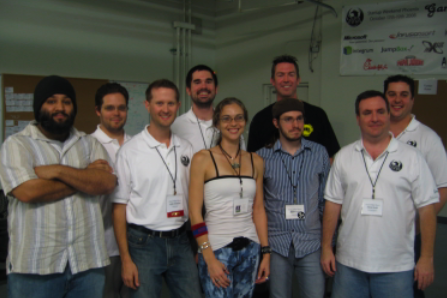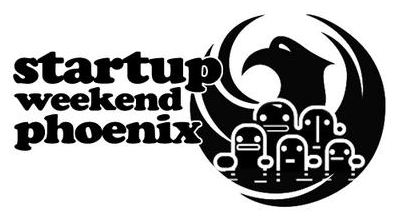So $3MM worth of iPhones were just stolen from a Belgian warehouse. The burglars apparently dropped in through a hole in the roof that was cut directly above where the goods were stored. They succeeded in getting away with the merchandise but given the precision of the location of the hole, it almost certainly narrows the list of possible suspects to those who had inside info on where the phones were stored. What should the robbers have done differently?
Answer: Cut holes in other places of the roof and tamper with windows and doors in surrounding areas to seed misleading evidence indicating that they were outsiders who cased the warehouse before discovering the iPhones.
Granted, they may have been pressed for time in their escape but by failing to apply disinformation they’ve decreased the pool of suspects and therefore increased the likelihood that they’ll be caught. So what relevance does this have to business?
The business case for disinformation
 If you’re in a highly competitive space and you know you have competitors monitoring your activities, you’re likely making maneuvers that inadvertently telegraph your intentions. Public activities like domain registrations, trademark applications, patent filings and job postings can be spliced together to produce a picture of what you’re up to. The obvious recommendation is to conceal what can be concealed. But for those things which simply can’t be concealed due to their nature you can at least apply some creative slight of hand to obscure things.
If you’re in a highly competitive space and you know you have competitors monitoring your activities, you’re likely making maneuvers that inadvertently telegraph your intentions. Public activities like domain registrations, trademark applications, patent filings and job postings can be spliced together to produce a picture of what you’re up to. The obvious recommendation is to conceal what can be concealed. But for those things which simply can’t be concealed due to their nature you can at least apply some creative slight of hand to obscure things.
Apple supposedly used a tactic dubbed the “canary trap” back in ’07 in which they selectively leaked false information via various channels to discover the internal mole that was the source for one of those Mac rumor blogs. There are digital rights management systems that use synonym substitution to create unique, slightly-altered versions of content. When false rumors are leaked via these documents they can be traced back to the source. Companies that have a crucial patent filing will often bury it in a haystack of red herring filings to obscure the move. And of course who can forget the famous heist sequence from Thomas Crown Affair in which individuals wearing identical outfits criss-crossed throughout the New York museum overwhelming authorities with suspects and eluding capture.
One of my favorite examples of disinformation was from Neal Stephenson’s book “Cryptonomicon.” The book covers – among other things – the story of how the German Enigma Code was cracked in WWI. Once the Allies had the ability to decipher Axis transmissions, a good deal of energy was expended responding to the intercepts in a way that concealed the fact they had actually cracked the code. They would have to stage a plausible scenario in which a Allied ship or plane would “stumble upon” a German U-boat that was discovered via a transmission. There was also a ploy in which they planted false information on the body of a deceased Allied officer and strategically placed it so that it washed up on the shore of the enemy to be discovered and assumed legitimate.
Other war time examples of disinformation are the numerous deceptions of the British officer Jasper Maskelyne. He made jeeps look like tanks, created the illusion of a battleship on the Thames and cloaked the entire city of Alexandria, Egypt from German bombers by building a small scale replica nearby, cutting the power to the real city at night and illuminating the replica. He would then dig fake craters and paint fake building damage in the night and to give German reconnaissance false assurance their attacks had succeeded.
The point of all this is that we are often so focused on improving the clarity of our message for potential customers that we neglect to take simple steps to obscure our movements from competitors.
What are some more examples of well-executed disinformation campaigns?


 Some things will always be valued: personal treatment, understanding customer needs more thoroughly, having mastery over a problem domain and being able to match their unique likes more closely with the available options. Save me time and money, substantiate it and I’ll pay you commission on that savings.
Some things will always be valued: personal treatment, understanding customer needs more thoroughly, having mastery over a problem domain and being able to match their unique likes more closely with the available options. Save me time and money, substantiate it and I’ll pay you commission on that savings. 






